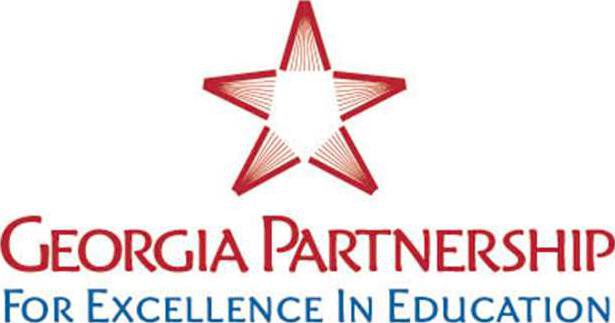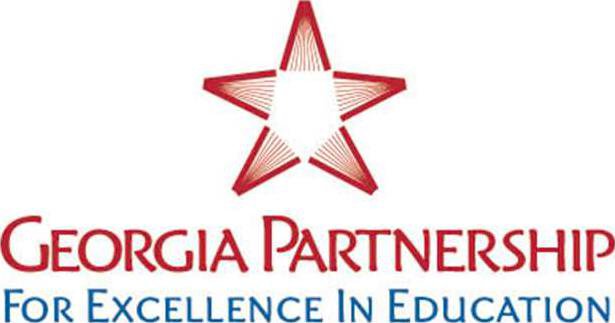ATHENS - A Georgia nonprofit group says poverty, equity and fairness, the early learning workforce, student health and the special challenges of Georgia's rural schools are among the top 10 issues in education this year.
The Georgia Partnership for Excellence in Education identified the issues recently in its annual list of "Top Ten Issues" to watch in Georgia education.
The group this year said issues residents should learn about include increasing Georgia's high school graduation rate and charting education reform to see what actually works, The Athens Banner-Herald reported. Closing Georgia's "talent gap," improving literacy, and the state's new plan to comply with the federal Every Student Succeeds Act are also among key issues.
The partnership was founded in 1992 by the Georgia Chamber of Commerce and the Georgia Economic Developers Association. It consists of business, education, community and government leaders.
Advocacy groups have praised a possible boost for mental health spending on young people in Gov. Nathan Deal's proposed budget, the Athens newspaper reported.
However, the state budget plan that was released earlier this month did not include pay raises for Georgia teachers and other state workers. And continued funding for the federal programs that ensure medical care for many Georgia children - PeachCare - is in doubt, the Banner-Herald reported.
The issue of teacher leadership "is still a relatively new area for Georgia," according to the Partnership's policy and research director Dana Rickman.
Deal and the Legislature did put some extra money into state early childhood education last year, but big shortcomings still remain, including a dearth of quality-rated programs and low pay, according to the report.
In 2015, "Georgia Pre-K lead teachers made, on average, $16 per hour. This compares to $9 per hour for classroom lead teachers in other learning centers," according to the report.
The state also needs to address equity and fairness issues; not all children have equal access to quality education and quality teachers, according to the report.
The state's Department of Education's official action plan includes steps to improve educational equity, but success depends on responses at the community level, according to the Partnership report.
"Teachers and school leaders need resources and support to help overcome the harmful impacts of poverty and adverse neighborhood factors. It is rare that a school can outperform its community," the report states.
Georgia has the third-largest rural school population in the nation, Rickman noted as she explained the issues facing rural schools.
Access to health care is one of the most urgent issues facing rural schools, especially when poverty is also an issue, Rickman said.

